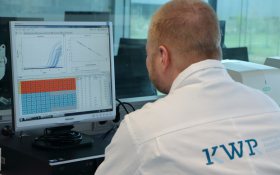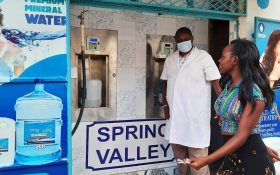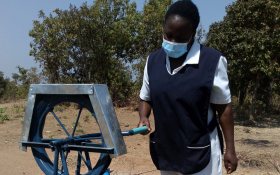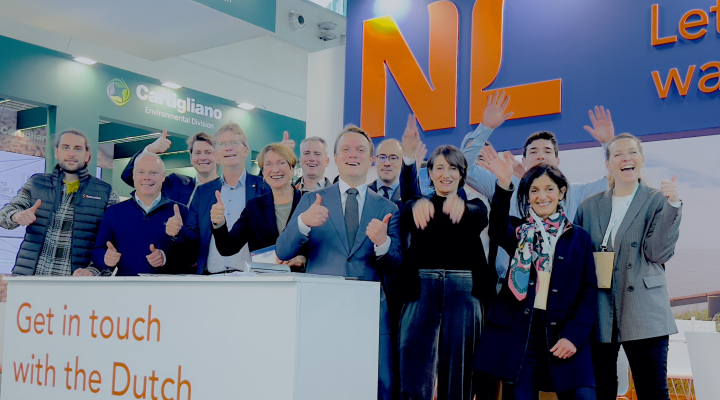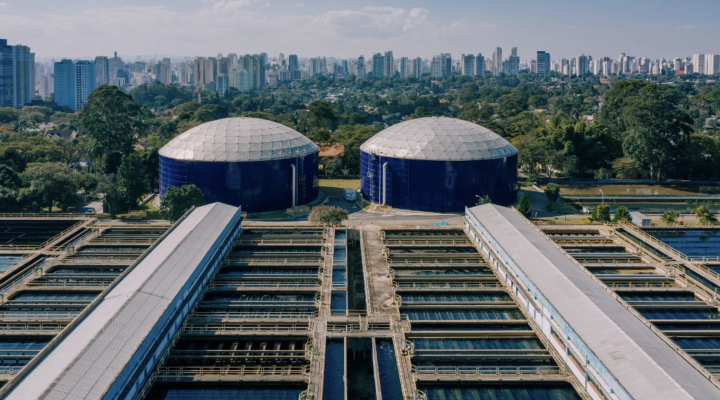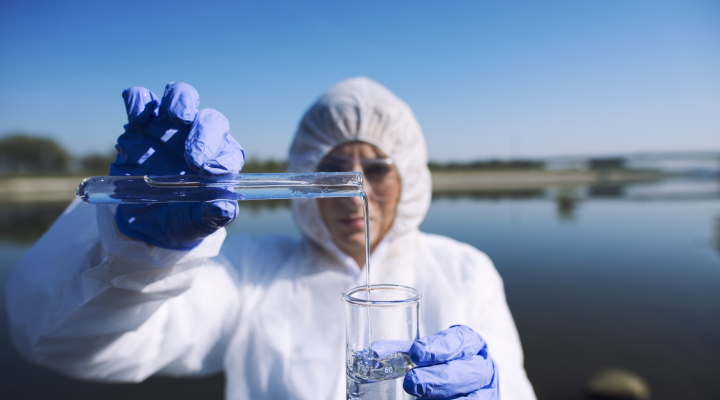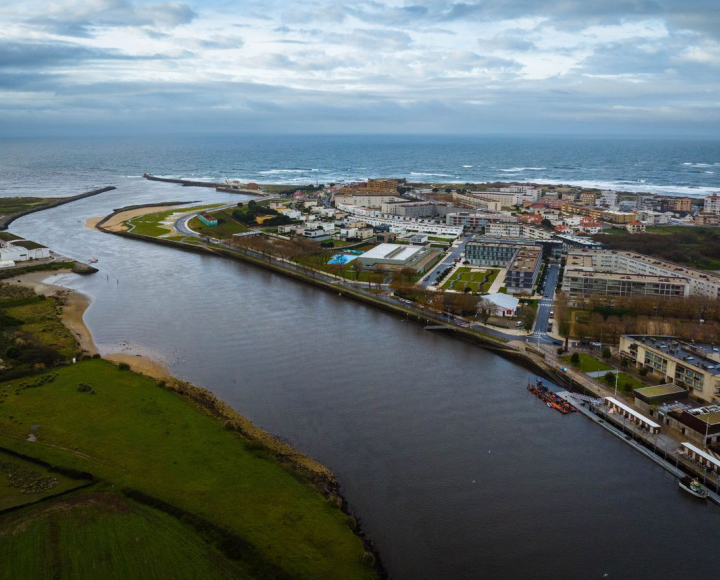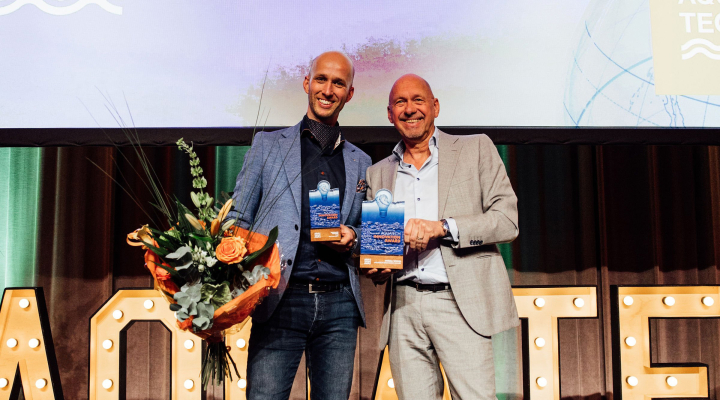Nationwide Covid-19 sewer surveillance at all Dutch wwtps
As of 1 September the influent of all 323 Dutch municipal waste water treatment plants must be monitored daily on the presence of SARS-CoV-2 RNA gen material and the data must be processed to the national Covid-19 dashboard.
Dutch health minister Hugo de Jonge asked the national health institute RIVM to prepare this large-scale sewer surveillance. The surveillance fits in with the government policy for a regional oriented control of new outbreaks.
Promising results
In recent months, the RIVM national health institute has conducted research at 29 locations on the presence of the virus in sewage water. On a weekly bases samples of influent have been collected at municipal waste water treatment plants across the nation. The locations represent a quarter of the total Dutch population.
Analyses of the sample with Polymerase chain reaction (PCR) technology on the presence of Corona gen material showed that it is possible to use sewer surveillance as an early warning tool to detect local infections, even before the first clinical cases are recorded.
Recently, RIVM was able to conclude that the concentration of the detected Corona gen material is decreasing, in line with the decreasing number of Covid-19 patients and hospitalisations.
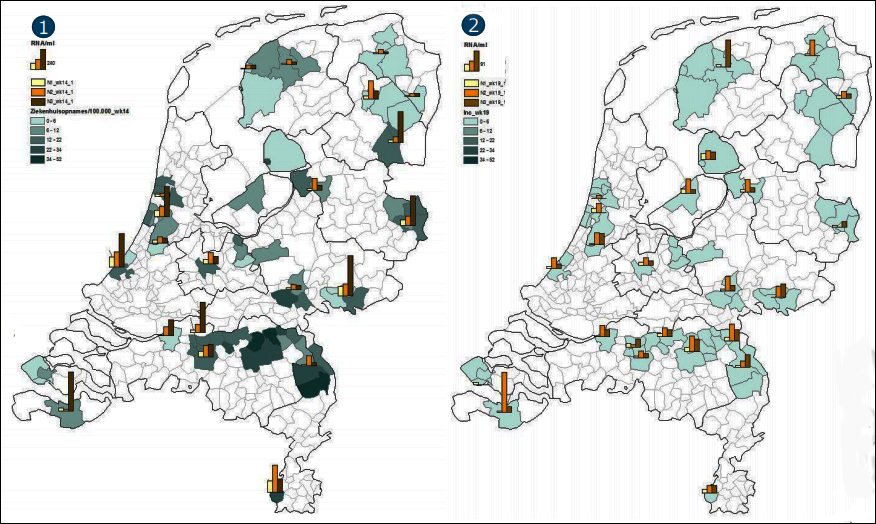
Next step: online monitoring
In addition to the research by RIVM, water research institute KWR continues to conduct its own scientific research by collection and analysing influent samples from 9 Dutch municipal waste water treatment plants. KWR announced it has joined a consortium that wants to improve the sewer surveillance on Covid-19 by being able to monitor more specific within a district or a city.
Another goal of the consortium is to develop a real-time online dashboard, combining multiple surveillance systems. The consortium is still in the process of defining the scope of the project.




